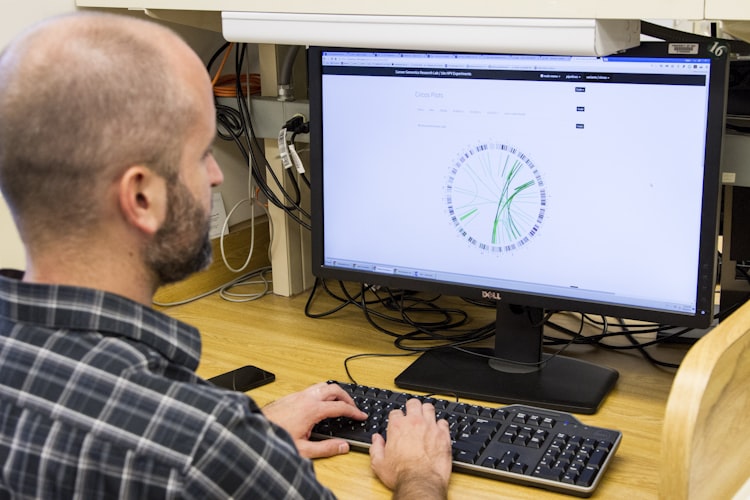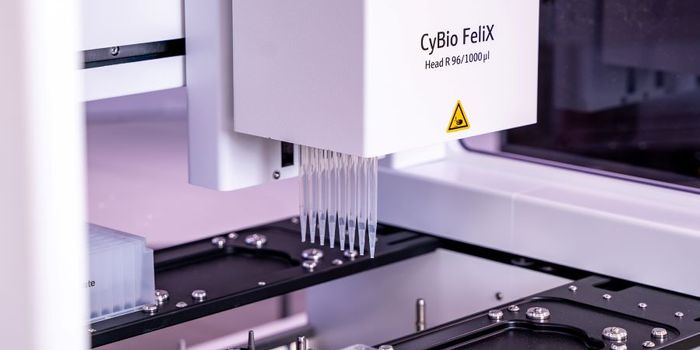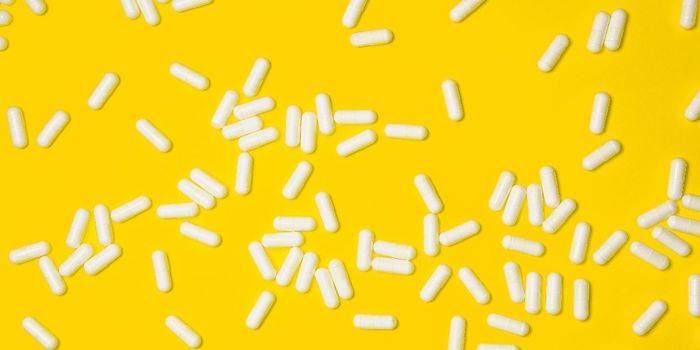A Fat Burning Molecule That Works?
Obesity is a US epidemic affecting more than 40 percent of the adults and with a wide array of complications one being early death. In fact, it is predicted in the next few years obesity may be the leading cause of liver transplants as a result of fat accumulation on the organ.
Learn more about obesity:
"Obesity is the biggest health problem in the United States. But, it is hard for people to lose weight and keep it off; being on a diet can be so difficult. So, a pharmacological approach, or a drug, could help out and would be beneficial for all of society," said Webster Santos, professor of chemistry and the Cliff and Agnes Lilly Faculty Fellow of Drug Discovery in the College of Science at Virginia Tech.
Finding a drug that actually treats obesity is a whirlwind of a struggle—more like trying to find a puzzle piece that fits. However, recent results published in the journal Nature Communications describes how a small mitochondrial uncoupler, called ‘BAM15, may work some magic!
But speaking in terms of real science, the BAM15 molecule was found to reduce body fat mass of mice without implications on food intake, muscle mass, and body temperature. The mitochondria, or so known as the “powerhouse of the cell”, manufactures the energy currency our bodies use in the form of ATP—a molecule responsible for giving power to all biological processes of life.
The mitochondria commonly referred to as the powerhouses of the cell. The organelle generates ATP, a molecule that serves as the energy currency of the cell, which powers body movement and other biological processes that help our body function properly. But, to make ATP a proton motive force (PMF) needs to be present to facilitate the manufacturing.
"So anything that decreases the PMF has the potential to increase respiration. Mitochondrial uncouplers are small molecules that go to the mitochondria to help the cells respire more. Effectively, they change metabolism in the cell so that we burn more calories without doing any exercise," said Santos, an affiliated member of the Fralin Life Sciences Institute and the Virginia Tech Center for Drug Discovery.
"If you just minimize aging, you could minimize the risk of Alzheimer's disease and Parkinson's disease. All of this reactive oxygen species-related or inflammation-related diseases could benefit from mitochondrial uncouplers. So, we could see this heading that way," said Santos.
Source: Science Daily











